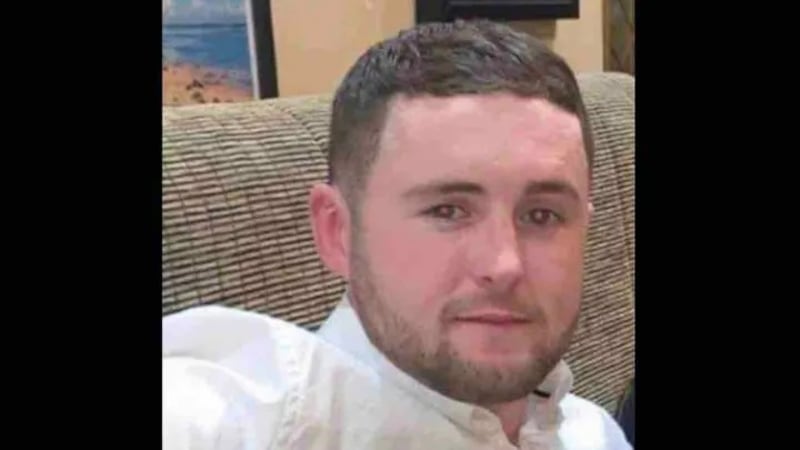PRISONER Ombudsman Tom McGonigle has found that Sean Lynch was treated “less favourably” at outside hospitals because he was a prisoner.
Two months before he blinded himself, a detailed assessment of Mr Lynch suggested that a formal psychiatric assessment was an “absolute necessity”.
While this assessment was sent to Maghaberry Prison, he was treated as a “routine referral”.
Mr McGonigle said: “He was meant to have six mental health reviews pending the psychiatric assessment but only one took place.”
The ombudsman said observation in a drug-free environment such as a prison hospital would have helped accurately diagnose and treat the Derry man.
In its own internal review of Mr Lynch’s case, the South Eastern Health and Social Care Trust said there was limited access to mental health expertise outside weekday office hours and at weekends.
The review noted: “The service model for healthcare in the prison (Maghaberry) does not readily reflect the service provided for the general population.”
It found that the root cause of the 'serious adverse incident' involving Mr Lynch’s self-harm appeared to be a failing to adequately recognise and treat drug-induced psychosis as well as failing to recognise his “deteriorating condition”.
There was also a failure to recognise issues identified regarding the treatment and response by healthcare staff.
In its official response, the health trust accepted Mr McGonigle’s findings.
A spokesman said: “The review highlighted that dealing with drug misuse and associated mental health issues within a custodial setting is very difficult.”
However, Mr Lynch’s family claimed the trust failed to deal with Mr Lynch’s “obvious chronic, complex mental issues”.
His father Damien said his son's GP and mental health service records were not properly shared and claimed that if concerns raised by his family had been acted on, he may not have been returned to prison and the self-harm which led to his blindness may not have occurred.
“We find the content and findings of the investigation regarding his self-harm very difficult to accept and believe that there have been monumental failures in the duty of care and procedures for Sean,” Mr Lynch said.







